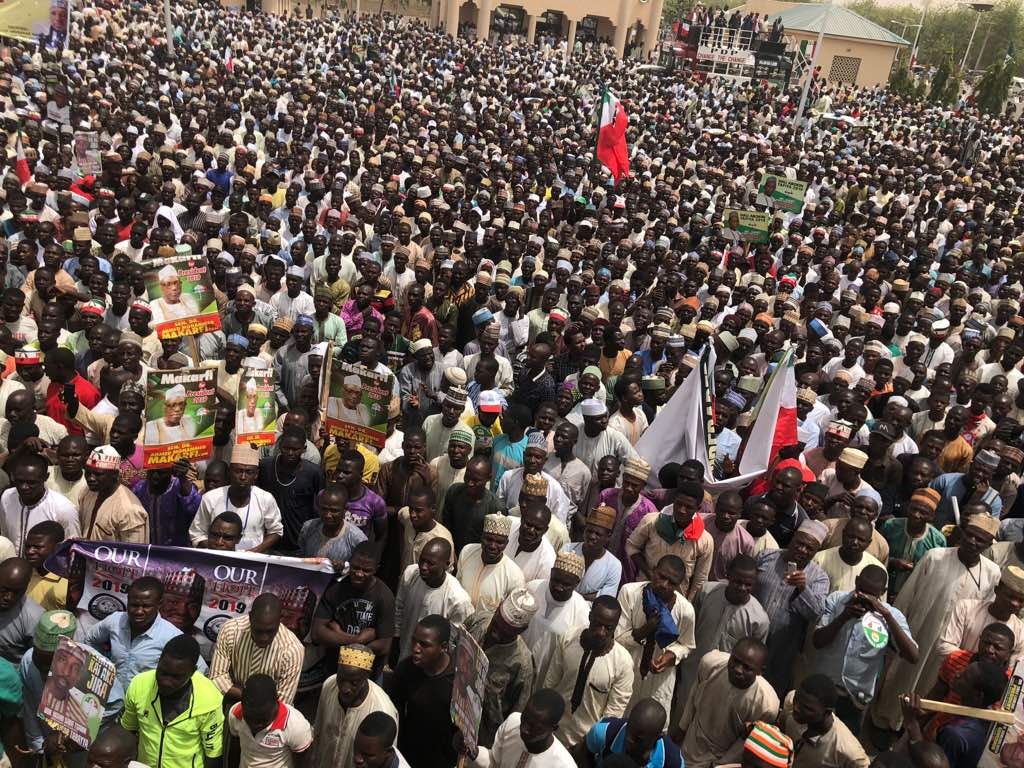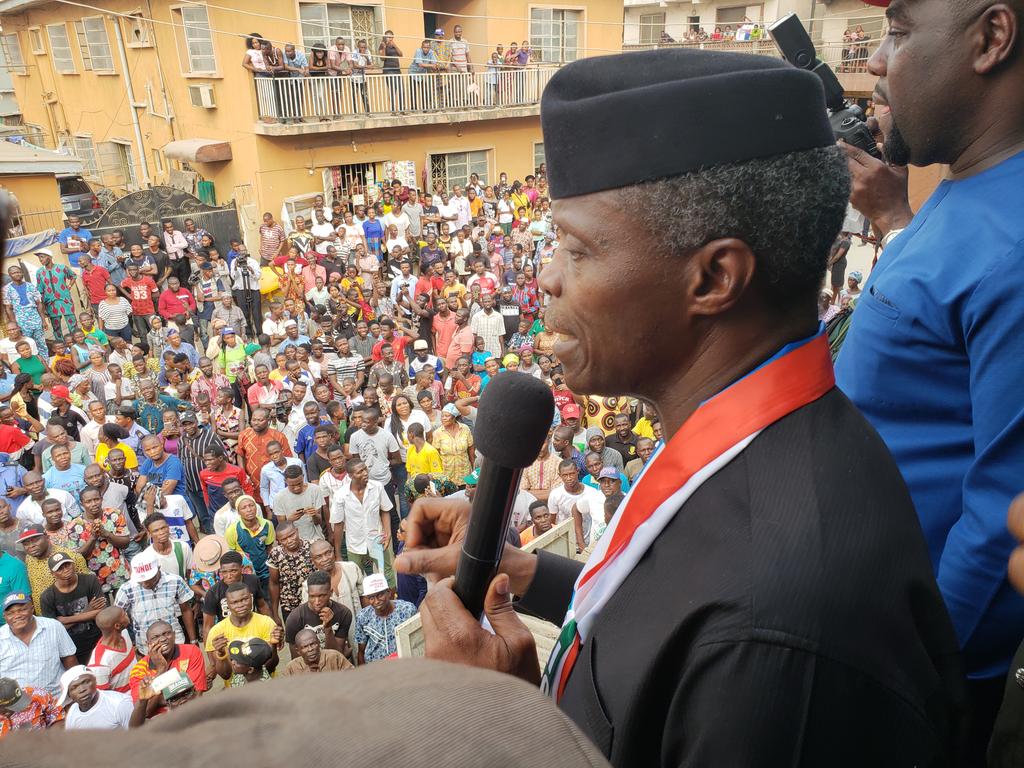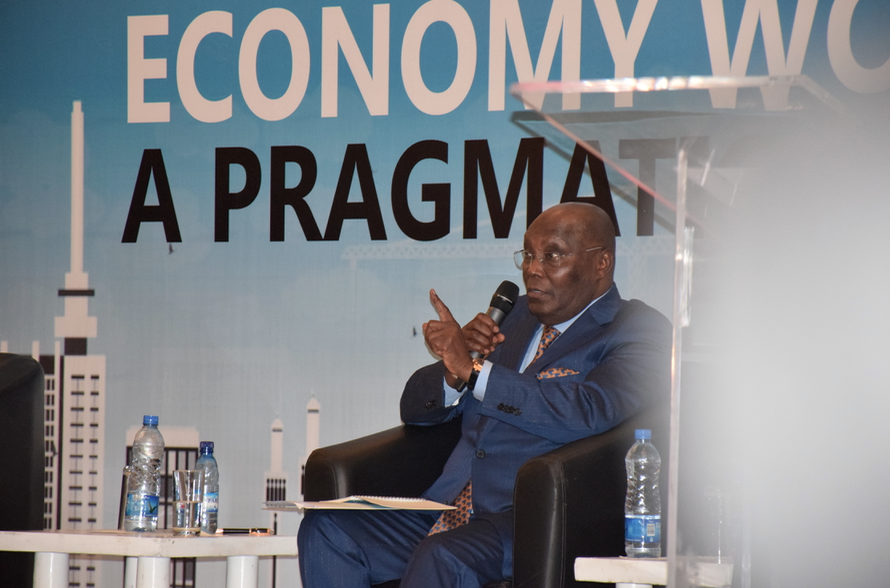If you are here to read about my views on misogyny, you are on the wrong bus, and you may get off the bus at this time. If you are here to hear me praise or condemn Folarin Falana (Falz) over his latest album, moral instruction, and his hatred for transactional sex, then you booked the wrong flight, please redirect. I am here to speak about us, the everyday Nigerian and our transactional sex.
I never thought I would share the story, but the events of the last few weeks and of course, the last 72 hours, have broken my heart and necessitated an occasion for sharing my experience in a number of engagements with sex workers in Nigeria.
In one of my class discussions on critical perspectives for development and social change, I learnt that for a good number of countries in Europe, sex workers pay taxes to the government, following the fact, by law, that their trade is indeed legitimate.
Nearly half of the countries in Europe see sex work as good work, and they must remit taxes to the government of the day. Amsterdam, the other capital of Netherlands, is also famous for what is called The Red Light District — an international hub for sex workers in Europe. Many foreign students go to the Netherlands to see or/and engage “a red light”.
Advertisement
In 2011, the government imposed taxes on sex workers, seeing that sex work is work too. By 2016, The Joint United Nations Programme for HIV and AIDS (UNAIDS) estimated that the country had about 25,000 sex workers. In the same year, UNAIDS said Nigeria had at least 103,000 sex workers, while our vice-chairman (when it comes to poverty in Africa), DR Congo, had 2.8 million sex workers. And this brings me to my stories; the relationship between poverty and sex in the city.
SEX IN THE NATION’S CAPITAL
When Nigeria was declared the poverty capital of the world by Brookings Institution, the Nigerian government rejected it. We said the figures were put together while Nigeria was in a recession. When Theresa May, the British Prime Minister, gave the exact number, saying that 87 million Nigerians were living in extreme poverty as at August 2018, the government didn’t say “pim”.
When the numbers hit 88 million and the reports were made public, many Nigerians were asking, how the world poverty clock knew 88 million Nigerians are living in extreme poverty? I was attempting to explain the methodology, when poverty in Nigeria hit me in a sexual place.
Advertisement
I was in Abuja for a roundtable a few days after the 88 million news broke. In the evening, I wanted to go get food from Jevinik Restaurant, one of the few places I have mastery of in the city. I had planned to meet up with a friend at the restaurant, we had not seen in years. Somehow, madam did not show, she blamed it on work.
I decided to get food in a takeaway pack for myself and return to my hotel room near one of those state government houses in Abuja. When I was done, I stepped out of the restaurant, when I received a call. My friend was asking me to wait, while she closes from work and meets up with me, while I was trying to shift the meeting till the following day, the call lingered. So I spent close to 10 minutes in front of the food place.
By the time, I was done, I was surrounded by these beautiful young ladies in short tops and tight trousers. One came very close and whispered to me “come let me show you my room”. Another came close and said “na just small money o”, they kept on advertising themselves in what Falz has come to describe as the commodification of the female body.
The curious journalist in me followed up on the conversation; “so how much,” I asked. The lady, whom I found to be the most beautiful among them, said it was N7,000. I was shocked. I thought people went into sex work because there was a lot of money attached to it. I was sincerely surprised to hear N7,000. Following my mother to the market as a child did not help, as I went further to say “how much last?” She replied, “N3,000 for short time, and N5,000 for night”. They saw I was not serious about the deal, so they began to desert me one after the other. I had my night in peace.
Advertisement
POVERTY AND SEX IN THE CITY
The following week, I was returning from a meeting in Lagos Island, I wanted to make a stop at Computer Village, Ikeja, Lagos. When I got to Ikeja, I alighted where I had never alighted before — for some strange reasons. I made my way to Nigeria’s gadget hub. As I walked the street around 7pm, a lady approached me and asked me for “transactional sex”. I made a brisk walk away from her, and thought to myself “guy, why sex workers dey follow you up and down”.
Later, I decided to slow down and made signs to her to come. In a few seconds, she was with me, she said she would take me somewhere, where we can quickly do it. I asked her for the price of “it”, and she replied “N1,500”. “Ah, N1,500,” I said to myself. As you must now expect, I haggled, “how much last?” She asked me to pay a thousand naira.
As we walked towards the “place”, I did not know how to excuse myself from this situation I had helped myself into. I just stopped, she kept walking, until she noticed I was not following. She came back and asked me what had happened, I said: “I am actually not interested”.
At that point, she said, “just give me N200 let me have food to eat today”. At that point, my heart broke. I was weak. It dawned on me, exactly how far poverty has eaten deep into the soul of our country, and how transactional sex has become the way many young people stay above the water. So, when next you hear them argue over transactional sex on Facebook or Twitter or just any gathering of the privileged, tell my story. Tell your “haves” friend that the “have nots” posses not the luxury of their debates.
Advertisement
There’s poverty in the land and transactional sex — what would you do to help?
Follow Mayowa on Twitter, and major social media platforms @OluwamayowaTJ.
Advertisement
Advertisement
Add a comment







